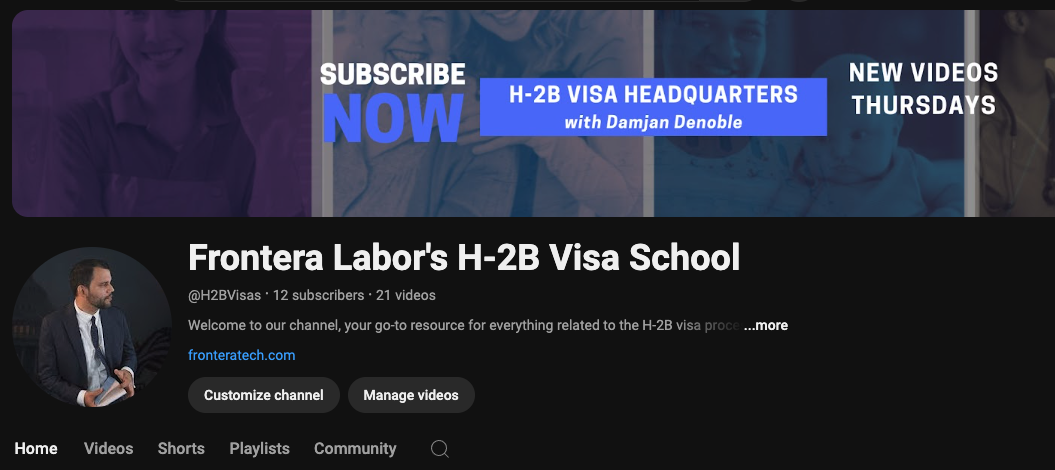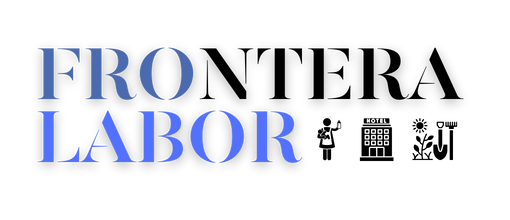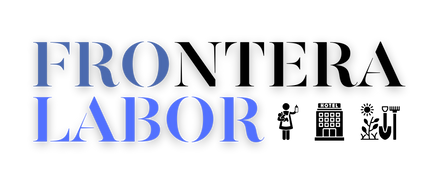Facebook groups for lawyers are the Dominant Legal Collaboration Tool
Chances are the as an advocate or lawyer you use Facebook to promote events, advocate for causes, and, critically, to keep abreast of information. Moreover, you don’t just keep current, you likely contribute to a growing information stockpile within one, or more likely several Facebook groups, many of which are “secret” (and we’ll get to how “secret” groups really are in a moment). Facebook groups for lawyers, and immigration lawyers in particular, are so important that for many immigration law would be impossible without them. This is because the pace of change in immigration law has been so fast the past four years that it requires working together and crowdsourcing information just to have a chance of keeping up.
I am no exception to the Facebook groups for lawyers phenomenon. I’m part of nearly two dozen lawyer groups. I used to have them listed just below but the legal groups don’t like that and since that’s the audience for this post they’re gone for now.
Why are Facebook groups for lawyers so valuable?
The experience within these groups is defined by the crowdsourcing of information and not through curation of a small number of people. Yes, there are group administrators, but mostly they serve to keep the peace, to attempt to ensure security (again, more on “secret” and “security” in a bit), and to set a tone.
As a result, there is an astounding amount of useful information on these groups, and a diversity of up-to-date information and shared work product that has seriously changed ways that advocates practice law.
Not to mention, these groups provide a network that bleeds into real life through conferences and cooperation on cases and other projects. Some people have become field “super stars” on the back of being extremely helpful members of major groups.
And, as already mentioned, they allow lawyers to keep up with daily and hourly changes in immigration laws, regulations, politics, and other matters.
But There are Drawbacks to Facebook Groups
With all the good that Facebook groups for lawyers do, it is impossible not to notice that the same human instincts to build out niche communities that are largely responsible for the scattershot nature of the open internet, now largely abandoned for the walled-in ecosystems of Facebook, LinkedIn, Twitter, and other socially-powered platforms, are now starting to replicate the scattered Web 1.0 structure within the social networks themselves.
Group pages themselves are difficult to search and are unwieldy. Notifications pile up. And collaboration for many often comes down to asking questions but offering few helpful comments in response (I’m super guilty of this in several groups, but so is everyone at some time or another).
Solutions to many problems hide under piles of unmanageable comments, posts, and scattered files across a set of Facebook groups that are not connected, and, in fact, often hidden due to “secret” or “private” status of many of the groups I’ve listed.
Moreover, there is so much duplication across groups, just like there is duplication across websites, that finding good information is very difficult. Google forces sites to compete, but this sort of search functionality does not exist in Facebook.
So every effort that is made on these groups to build a foundation of knowledge is more or less wasted. The best groups, instead, have a strong membership and an active membership that responds to requests for information and clarification. This membership also acts as the “search engine”, pointing other members to useful resources within and outside the group.
Ok, so what?
The short “so what?” answer is that the groups are poor at maximizing the treasure trove of data that they hold. The sheer number of files uploaded to some groups puts even the internal database resources of the biggest immigration organizations in the country to shame.
Second, the lack of a search function just compounds the problem of access to uplodaded sources.
Third, having these uploads scattered across dozens of groups adds an additional layer of complication to finding information that has been shared.
And….
Let’s talk about “secret” groups
The idea that any of these groups are “secret” or “private” is a myth that everyone plays along with. Facebook employees and any government entity that may want to do so can pull information from these groups readily.
And it is my understanding, talking to many lawyers, that pulling screenshots of comments made by group members that may prove controversial or embarrassing are often screenshotted.
Screenshots are a problem with almost any website, but the fact that none of this data is actually private or secret is a Facebook-specific problem. If tomorrow Facebook were to change its business model and get rid of all groups, what would happen?
What’s the solution?
The solution to this conundrum is that a social network for advocates should be built around one central database, while preserving the amazing social collaborative tools of the facebook system. That network should be open sourced and now “owned” by anyone but the collective community.
There is an early attempt to do this created by James Betzold of PrimaFacie:
The idea is that with one database, and the ability to still create distinct groups, knowledge would no longer be segmented across groups. By being off of Facebook the threat of the information getting pulled or shared with antagonistic actors would be lessened.
Better search is a given, and the ability to actually use of one of the internet’s strengths – the building upon of knowledge upon knowledge – could finally be harnessed by the majority of the advocacy community.
The idea is important enough that it really should be a funding priority for the entire community.
I think that we all have a general sense in the advocacy community that banding together and networking is a good thing, and that it produces better lawyers and advocates. Indeed, this is a core tenet of any big advocacy idea. But this won’t happen on its own. We have to be deliberate about it.





Yes! I’m so glad James is doing this.